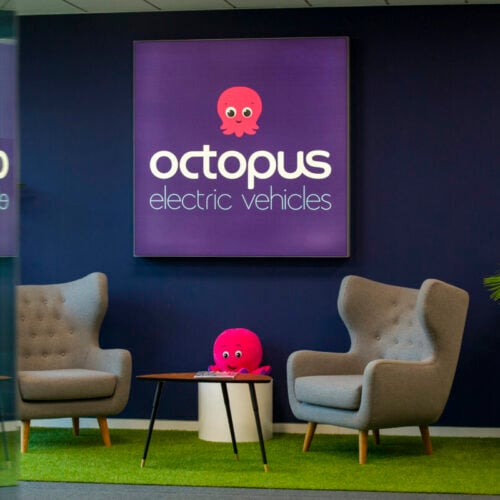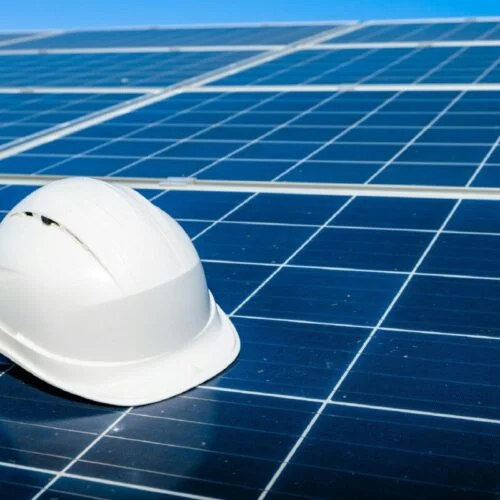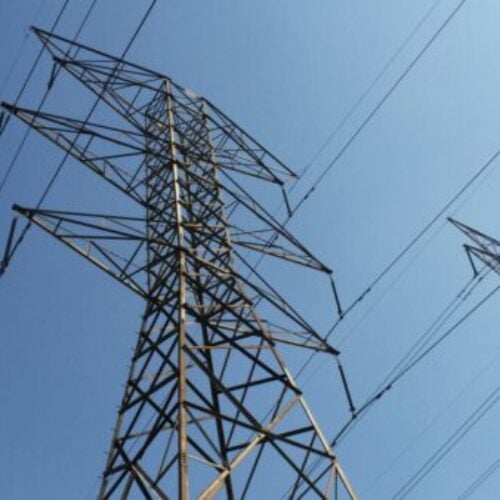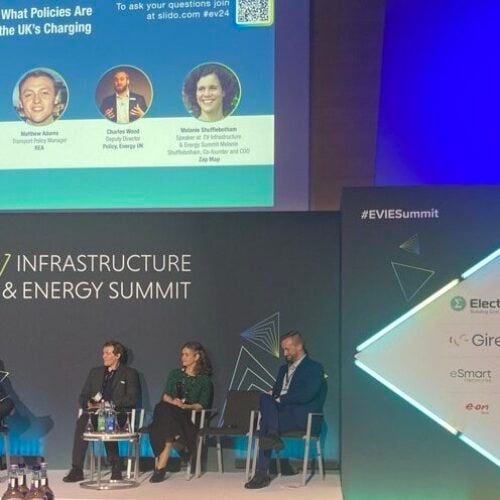Energy saving group The Eco Experts has published new data showing that the cost of living crisis is reducing the ability of consumers to switch to low carbon technologies.
The Eco Experts surveyed 2,134 people in the UK to reveal that high energy bills are preventing 43% of people from investing in green technologies. The data also showed that 38% of people who earned over £200k have bought solar panels in the past 12 months, while only 7% of people earning £40-70k had done so.
A similar trend was true for electric vehicles, with 50% of people earning over £200k buying one in the past year, compared to just 8% of those on £40-70k.
“When the concern of money is removed, 51% of respondents said they would buy solar panels – compared to just 5% who actually did purchase solar panels – and a quarter would buy a heat pump (24%), compared to only 3% who did purchase a heat pump,” The Eco Experts said.
As The Eco Experts also point out, “With solar panels saving you on average £608 a year on your bills, electric vehicles costing roughly half the price of petrol vehicles to run per mile and smart appliances potentially saving you £450 per year, it seems once again there are savings to be had, but only if you can afford to invest in them.”
The skyrocketing price of energy and #costoflivingcrisis have stopped 43% of Brits from buying low-carbon technology, according to our annual #NationalHomeEnergySurvey
— The Eco Experts (@TheEcoExperts) April 7, 2023
Read more… https://t.co/kZHzM0nyvd pic.twitter.com/fsUcRHg952
The cost of living crisis and war in Ukraine have previously sparked calls to reduce the UK government’s green policy commitments by climate sceptic Conservative MPs like Craig McKinlay and Steve Baker. However, it seems that the reduction in living standards affecting the UK is also seriously affecting the consumer market for green technologies.
The findings underscore the need for greater ambition in government subsidies for consumer solar and heat pumps, which need greater funding to encourage uptake. The Treasury’s budget in March also left out funding for subsidies for home insulation.
Josh Jackman, Lead Writer from The Eco Experts, said “our survey shows the appetite for green energy is there, but the cost of living crisis is making it impossible for people to make the changes they want to. It’s upsetting that household changes have overwhelmingly been minor alterations spurred by a desperate need to cut costs, as people are unable to make larger green purchases that would make a real difference to their wallet and the climate.”






